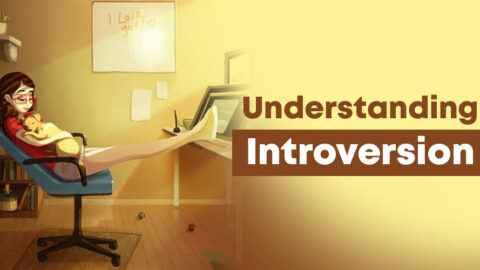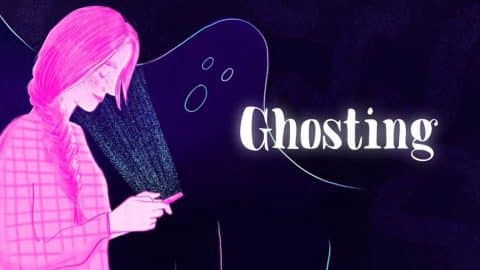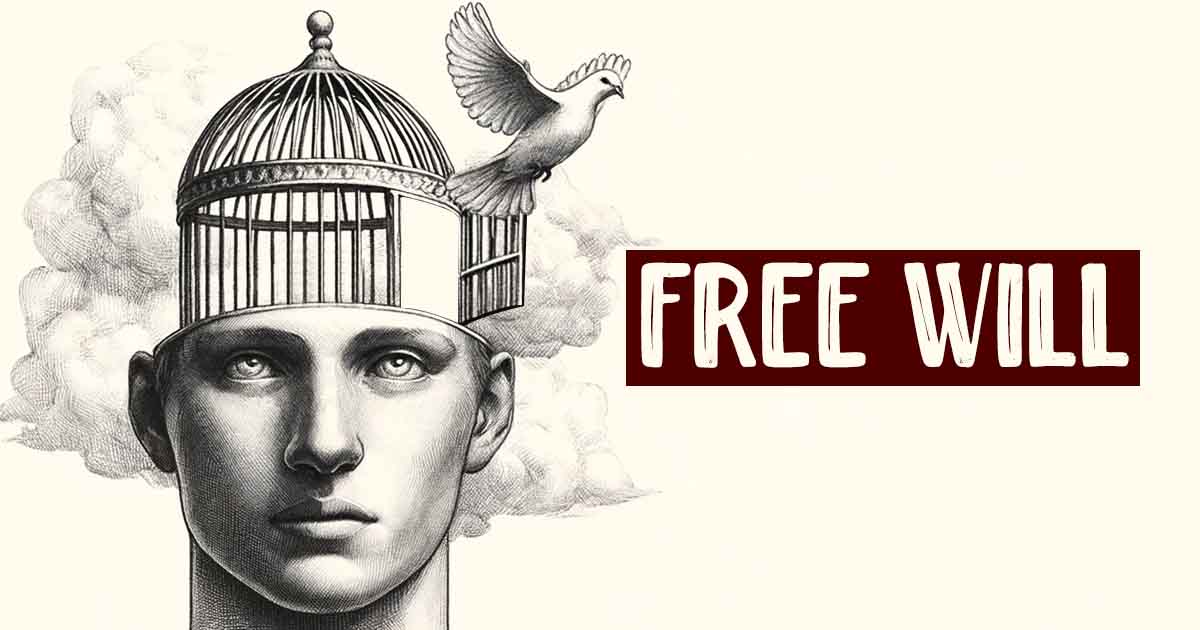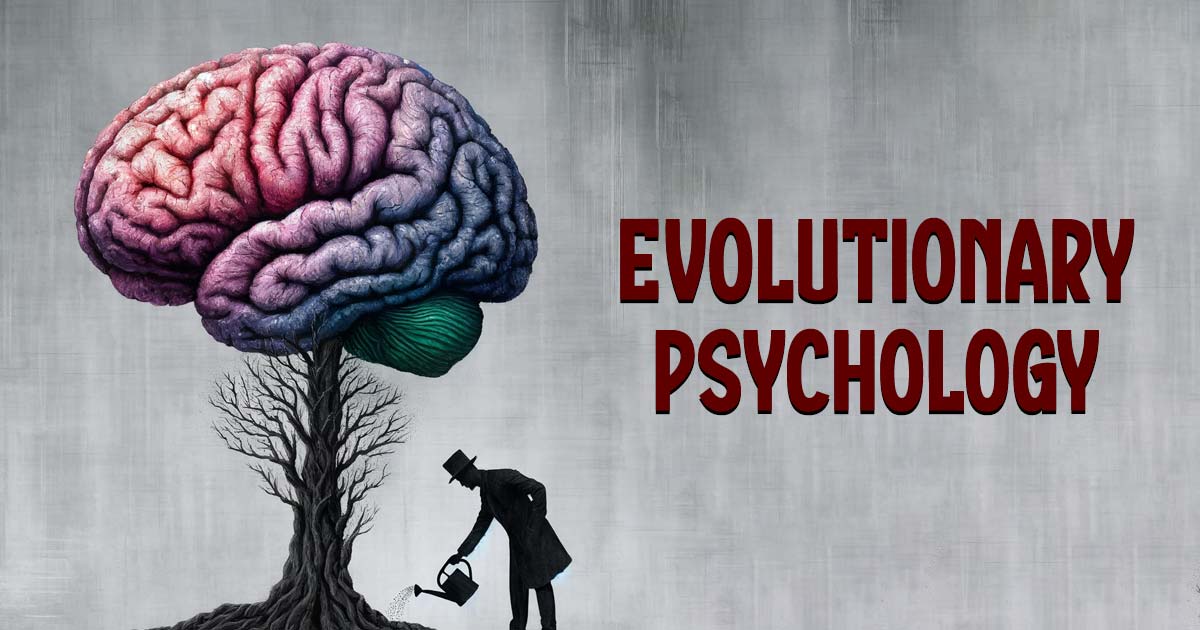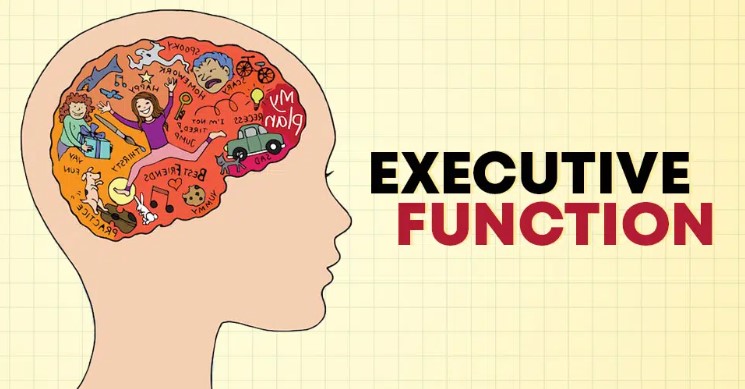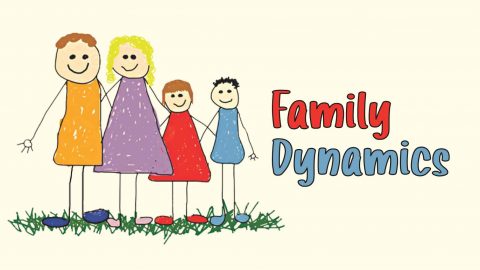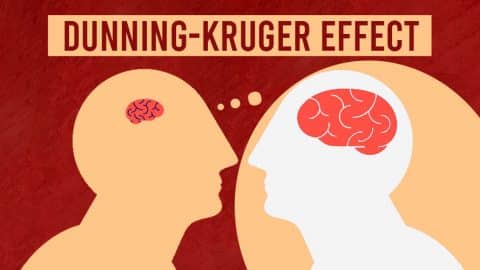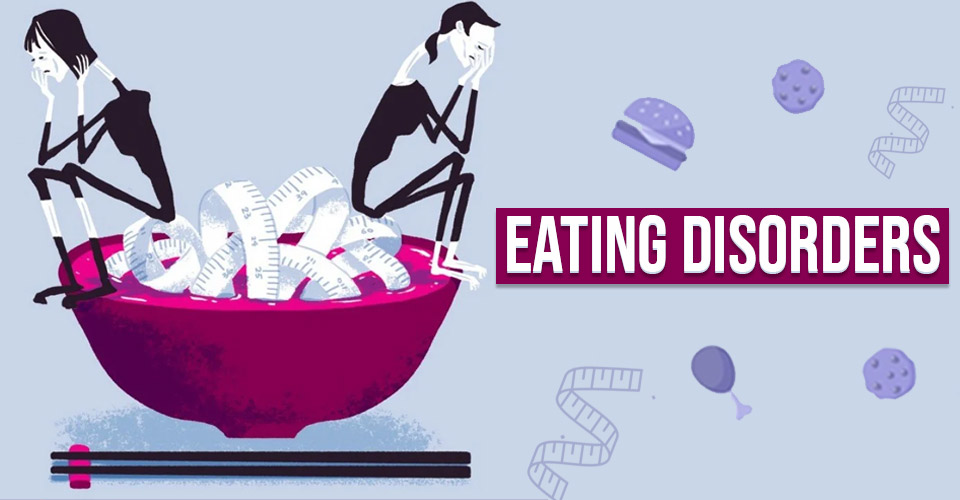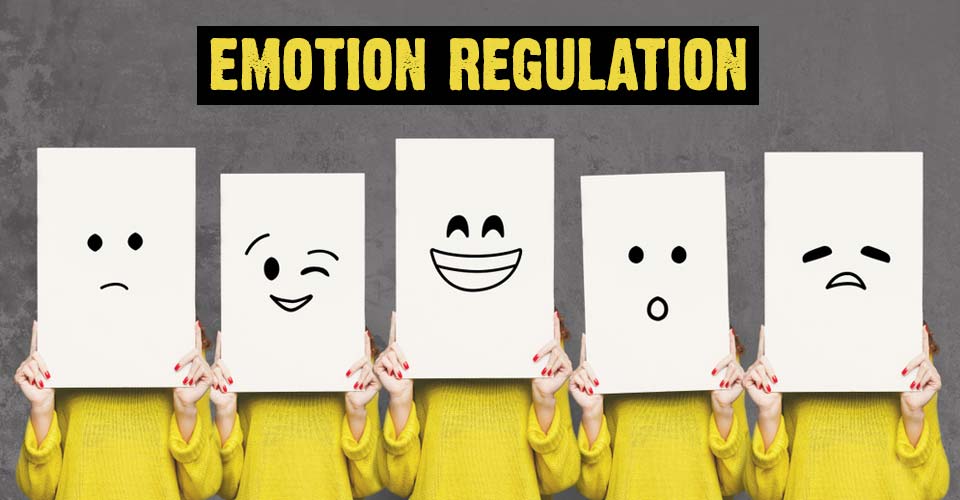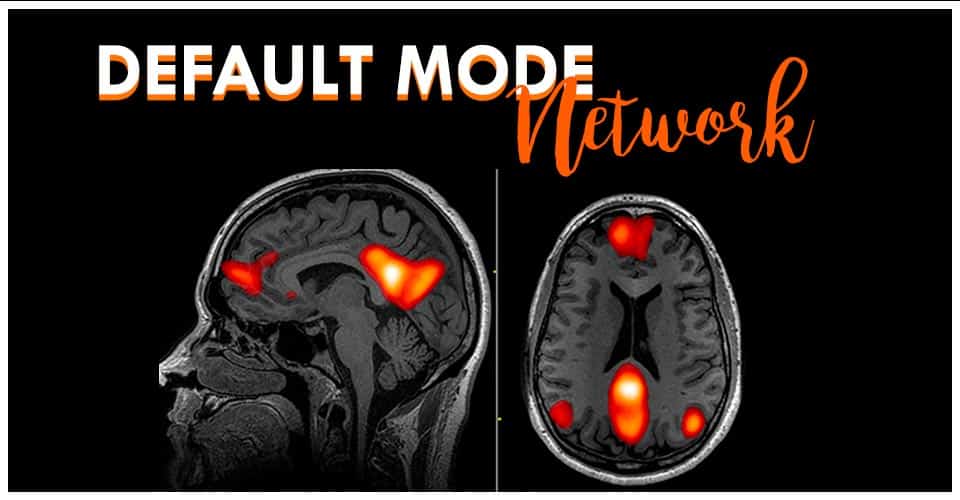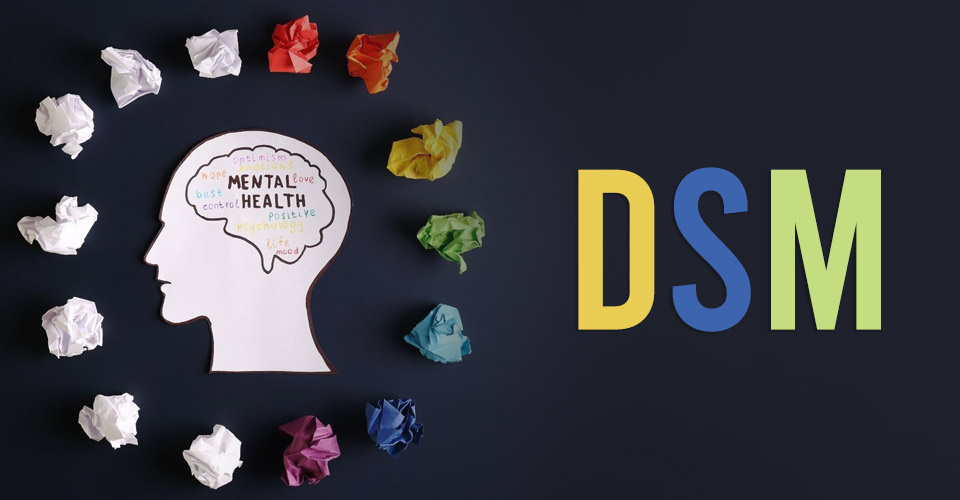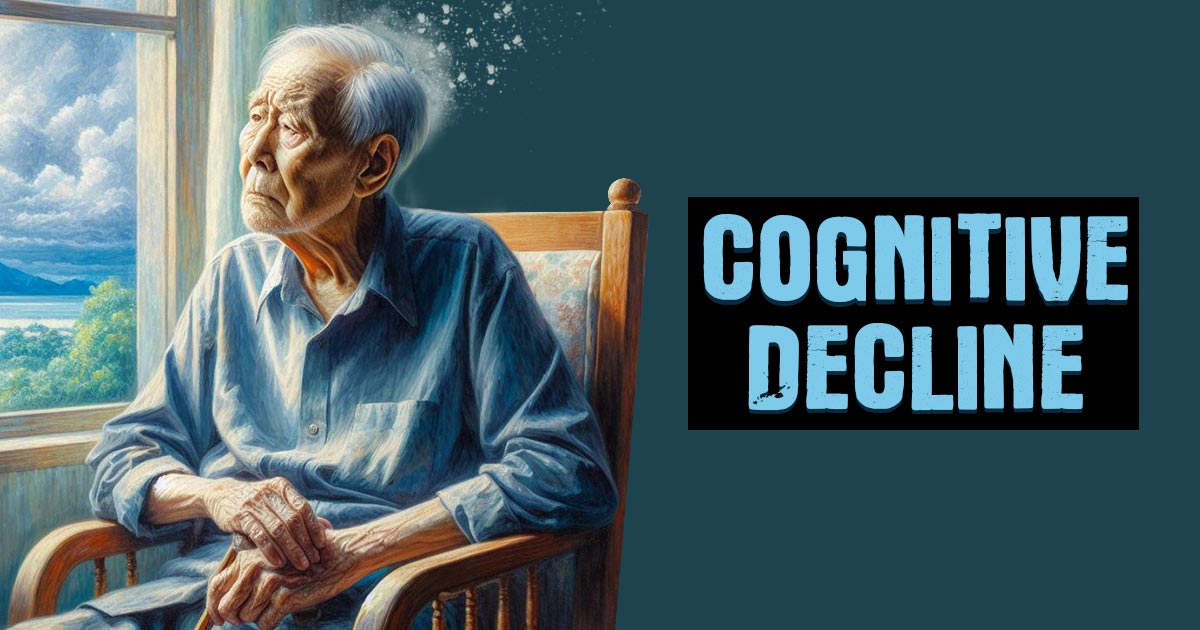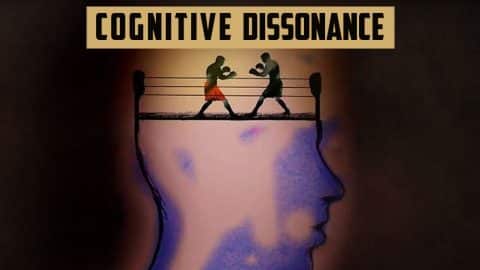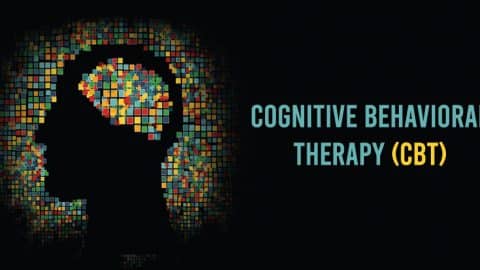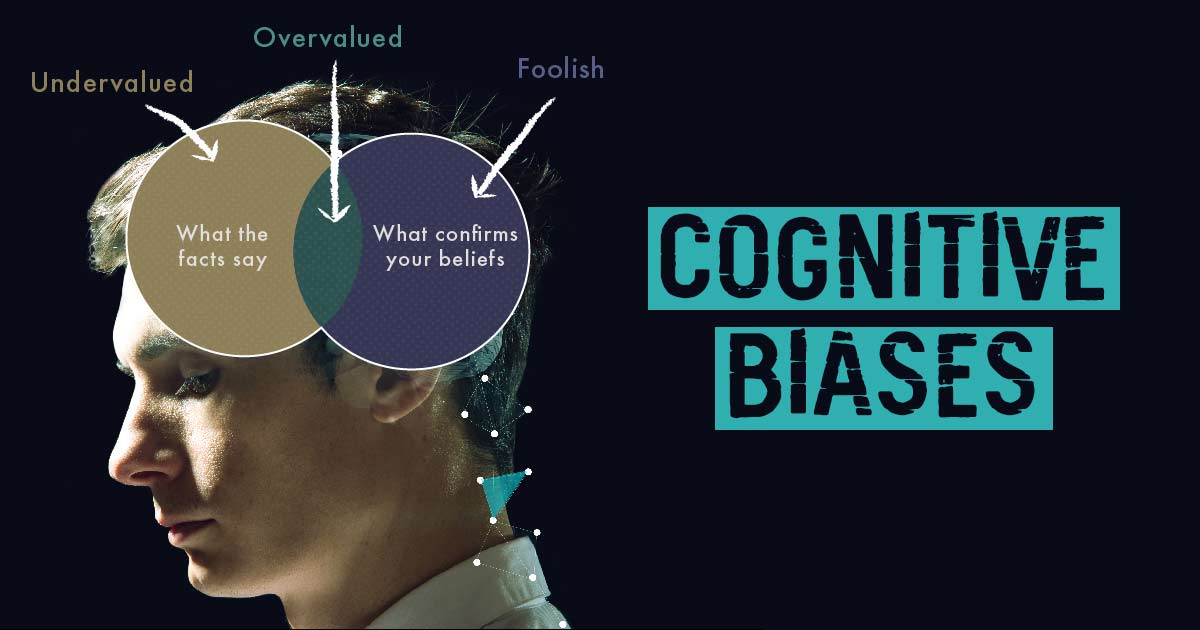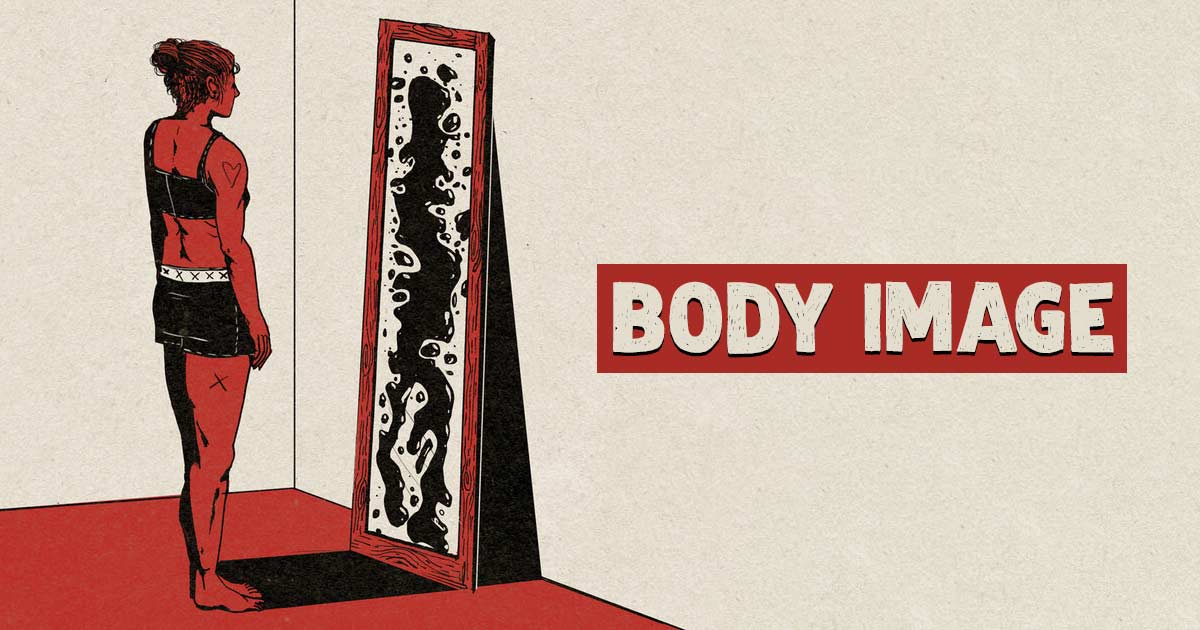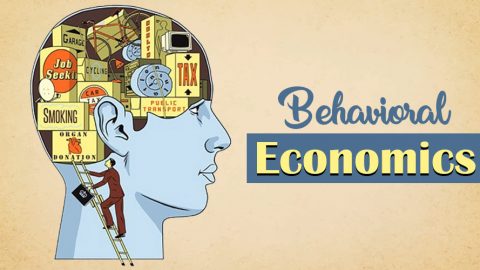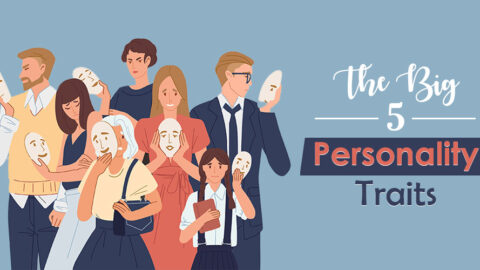Introversion refers to a personality trait that is characterized by a tendency to prefer one’s inner thoughts and feelings instead of external stimuli. Introverts tend to be reflective, reticent, and reserved.
What Is Introversion?
It is a mental and emotional state of preferring involvement with and being interested in the self. Individuals with this personality trait typically feel mentally and physically energized through reflection and tend to feel drained of energy through social interaction. A part of the Big Five personality traits, introversion is marked by an orientation for an individual’s inner, private life. People with this personality are rarely concerned with things, people and stimuli from the external world.
Similar to extraversion, introversion refers to a continuum of traits, behaviors and attitudes that determines someone’s personality. It is believed that extroverts and introverts belong to the extreme opposite ends of the same spectrum and most individuals have traits of both introversion and extraversion, with one trait being more dominant than the other one. Unlike extroverts, introverts are believed to be more shy, quiet, withdrawn and reserved. They are more self-conscious and have a strong preference for solitude.
“Extraverts have a preference for seeking, engaging in, and enjoying social interactions, whereas introverts prefer to avoid social situations and tend to be reserved, withdrawn, or shy in social settings,” explains a 2011 study 1 Fishman, I., Ng, R., & Bellugi, U. (2011). Do extraverts process social stimuli differently from introverts?. Cognitive neuroscience, 2(2), 67–73. https://doi.org/10.1080/17588928.2010.527434 . Although introverts are not averse to people, they become easily mentally and emotionally overwhelmed with external stimulation and need to recharge themselves by spending time alone and engaging in solitary activities like reading.
Studies 2 Fischer, R., Lee, A., & Verzijden, M. N. (2018). Dopamine genes are linked to Extraversion and Neuroticism personality traits, but only in demanding climates. Scientific reports, 8(1), 1733. https://doi.org/10.1038/s41598-017-18784-y have found that social interactions are not positively stimulating for introverted people as their brain releases less dopamine, a chemical messenger or neurotransmitter linked to reward. However, introverts tend to enjoy personal, one-to-one interactions more than large groups as they prefer meaningful discussions over idle chit chat. Research 3 Thorne, A., Korobov, N., & Morgan, E. M. (2007). Channeling Identity: A Study of Storytelling in Conversations Between Introverted and Extraverted Friends. Journal of research in personality, 41(5), 1008–1031. https://doi.org/10.1016/j.jrp.2006.12.001 shows that introverted people “more often told stories that were embedded in a developing theme, and constructed story plots solo,” unlike extroverts who told stories to change the topic.
As introverts have high sensitivity 4 Wacker, J., Chavanon, M. L., & Stemmler, G. (2006). Investigating the dopaminergic basis of extraversion in humans: A multilevel approach. Journal of personality and social psychology, 91(1), 171–187. https://doi.org/10.1037/0022-3514.91.1.171 to dopamine, they require less to feel stimulated or happy. Hence, they are more fascinated by their own thoughts and contemplations. They have small social circles and focus more on building only a few strong and intense relationships. They speak about something after deliberate thought & reflection and tend to be excellent listeners.
Understanding Introversion
The terms introversion and extroversion were coined by renowned Swiss psychiatrist Carl Jung 5 Wallick, M. M., & Cambre, K. M. (1999). Personality types in academic medicine. The Journal of the Louisiana State Medical Society : official organ of the Louisiana State Medical Society, 151(7), 378–383. and were introduced in his theory of psychological type in the 1920s. Jung’s theory identified how both the personality types gain and spend energy. He also observed how introverts and extroverts respond to their environment and process external stimuli. According to a 2012 study 6 Rizzo-Sierra, C. V., Leon-S, M. E., & Leon-Sarmiento, F. E. (2012). Higher sensory processing sensitivity, introversion and ectomorphism: New biomarkers for human creativity in developing rural areas. Journal of neurosciences in rural practice, 3(2), 159–162. https://doi.org/10.4103/0976-3147.98314 , there is an association between introversion, creativity and higher sensory processing sensitivity traits.
The researchers explain that such individuals tend to “process information deeper than usual.” Moreover, they may be highly sensitive towards sense stressors, such as strong smells, loud noise, bright lights 7 Hunt, A. E., Catalano, J. F., & Lombardo, J. P. (1996). Reactivity in extroverts and introverts. Perceptual and motor skills, 82(2), 526. https://doi.org/10.2466/pms.1996.82.2.526 and even chaotic environments. They become easily overwhelmed in social gatherings as they process “larger amounts of sensory information than usual” and identify subtle cues and details from their environment. As a result, they become exhausted and overwhelmed quickly due to their sensory-processing sensitivity 8 Aron, E. N., & Aron, A. (1997). Sensory-processing sensitivity and its relation to introversion and emotionality. Journal of personality and social psychology, 73(2), 345–368. https://doi.org/10.1037//0022-3514.73.2.345 .
Hence, people with introversion personality may require a lot of alone time and more sleep to recover from sensory overload and recharge themselves. The researchers also believe that high sensitivity allows these individuals to experience higher consciousness, perception, imagination, creativity and inventiveness. However, It is not necessary that all introverts will be highly sensitive or even shy. They prefer to observe and analyze situations before engaging with them and like to be involved with only one activity at a time as they are less able to multitask, according to research 9 Lieberman, M. D., & Rosenthal, R. (2001). Why introverts can’t always tell who likes them: multitasking and nonverbal decoding. Journal of personality and social psychology, 80(2), 294–310. https://doi.org/10.1037/0022-3514.80.2.294 . Although they may talk less, prefer solitary activities, like writing, reading or meditating, and avoid crowds, “introverts are not necessarily unsocial and many of them are socially engaged,” found a recent 2020 study 10 Tuovinen, S., Tang, X., & Salmela-Aro, K. (2020). Introversion and Social Engagement: Scale Validation, Their Interaction, and Positive Association With Self-Esteem. Frontiers in psychology, 11, 590748. https://doi.org/10.3389/fpsyg.2020.590748 .
Introversion Vs. Shyness
Although shyness is a common trait in introverted individuals, it is not necessary that all introverts will be shy. Introversion refers to the preference of one’s own company while shyness refers to feeling anxious or afraid of social situations of people. It should also be noted that being an introvert is a personality trait, while being shy refers to an emotion. The only similarity between these two is limited social interaction. While introverts may avoid large crowds, they do enjoy socializing with close people and engaging in meaningful conversations.
An introvert may feel mentally, emotionally and physically drained of energy when they have to socialize or interact with large groups. However, a shy individual may experience social anxiety or social phobia when compelled to attend a social event, particularly when in the presence of strangers. They may also feel nervous, uncomfortable and panicked. While a shy person may avoid socializing to avoid such negative feelings, an introvert typically avoids social situations and spends time with themselves to feel more energized.
Signs Of Introversion
It is believed that about 25%-40% of the global population are introverts. However, each individual is unique and may behave differently. Regardless, introverts tend to typically possess the following common characteristics that defines their personality –
- Reflective, quiet, thoughtful and self-conscious
- Reserved, withdrawn, deliberate and independent
- Preference for solitude and calm environments
- Feel recharged through thoughts and reflections
- Takes time to observe and analyze situations before making decisions
- Overwhelmed in social gatherings or large groups
- Highly sensitive and may experience sensory overload
- Learns from observation instead of social interaction
- Strong need for privacy and avoids sharing of thoughts and emotions
- Creative and imaginative
- Prone to daydreaming
- More likely to write or text to express feelings than talk
- Prefer working alone rather than in teams
- Enjoys close relationships in a small group of loved ones
- Social and friendly with close people
Causes Of Introversion
Researchers are yet to identify the exact causes for the development of introversion or extraversion traits in someone. However, studies 11 Johnson, D. L., Wiebe, J. S., Gold, S. M., Andreasen, N. C., Hichwa, R. D., Watkins, G. L., & Boles Ponto, L. L. (1999). Cerebral blood flow and personality: a positron emission tomography study. The American journal of psychiatry, 156(2), 252–257. https://doi.org/10.1176/ajp.156.2.252 show that “introversion is associated with increased activity in frontal lobe regions” of the brain. It is believed that introverts experience higher blood flow in the frontal lobe, a brain region that regulates reasoning, decision making, planning and problem solving. Hence, introverts tend to perform better when they are in a calm environment. Another 2004 study 12 Kumari, V., ffytche, D. H., Williams, S. C., & Gray, J. A. (2004). Personality predicts brain responses to cognitive demands. The Journal of neuroscience : the official journal of the Society for Neuroscience, 24(47), 10636–10641. https://doi.org/10.1523/JNEUROSCI.3206-04.2004 found that personality traits of introversion- extraversion may also be associated with how our brain responds 13 Lei, X., Yang, T., & Wu, T. (2015). Functional neuroimaging of extraversion-introversion. Neuroscience bulletin, 31(6), 663–675. https://doi.org/10.1007/s12264-015-1565-1 to cognitive requirements.
It found that extraverts have increased cingulate activity than introverts, which is related to memory, learning & emotion formation and processing. Moreover, introverts tend to have a more active “cortical arousal system modulated by reticulo thalamic- cortical pathways,” which regulates heart rate, muscle tone, vigilance, wakefulness and “influences cognitive performance in interaction.” The study adds “at low environmental arousal potential, introverts should outperform extraverts… and, at high levels of environmental arousal, performance of introverts should decline and extraverts should outperform introverts.”
Research 14 Smillie, L. D., & Wacker, J. (2014). Dopaminergic foundations of personality and individual differences. Frontiers in human neuroscience, 8, 874. https://doi.org/10.3389/fnhum.2014.00874 shows that dopamine also plays a contributing role in the formation of personality and individual differences. People with introversion traits react to dopamine 15 Smillie, L. D., Cooper, A. J., & Pickering, A. D. (2011). Individual differences in reward-prediction-error: extraversion and feedback-related negativity. Social cognitive and affective neuroscience, 6(5), 646–652. https://doi.org/10.1093/scan/nsq078 differently from extroverts, even though both have the same levels. According to a 2007 study 16 Golimbet, V.E., Alfimova, M.V., Gritsenko, I.K. et al. Relationship between dopamine system genes and extraversion and novelty seeking. Neurosci Behav Physiol 37, 601–606 (2007). https://doi.org/10.1007/s11055-007-0058-8 , dopamine system genes are related to psychological traits, behaviors, impulsivity and the need for stimulation. Apart from these, genetics may also play an important role in the development of introversion.
A recent 2021 study 17 Hobgood D. K. (2021). ABO B gene is associated with introversion personality tendencies through linkage with dopamine beta hydroxylase gene. Medical hypotheses, 148, 110513. https://doi.org/10.1016/j.mehy.2021.110513 states “Introversion is a well-studied personality trait with 50% genetic causation. Dopamine system has been linked to the introversion-extroversion spectrum with high dopamine linked to introversion.” Researchers 18 Aron E. N. (2004). Revisiting Jung’s concept of innate sensitiveness. The Journal of analytical psychology, 49(3), 337–367. https://doi.org/10.1111/j.1465-5922.2004.00465.x also believe that negative childhood experiences can also be an influencing factor as sensitiveness may be associated with conscious and unconscious reflection on experiences. Hence, someone can become less introverted and process rewards differently as they grow up depending on their life experiences.
Types Of Introversion
According to a research 19 Grimes, J. O., Cheek, J. M., & Norem, J. K. (2011). Four meanings of introversion: Social, thinking, anxious, and inhibited introversion. PsycEXTRA Dataset. https://doi.org/10.1037/e634112013-457 by psychologist Jonathan Cheek, this personality trait can be largely categorized into four distinct forms – social, thinking, anxious, and restrained. However, it should be noted that most introverts tend to possess characteristics of all four types rather than having a dominant type. The four types are described below –
1. Social introverts
This type refers to what we usually understand as introversion – someone who avoids large groups or social settings. They are more inclined to socialize with small groups of loved ones. They prefer solitude over socialization and enjoy being at home engaged in activities they love, like reading, writing, watching movies etc. However, such behavior is not driven by anxiety or shyness.
2. Thinking introverts
These individuals tend to be highly thoughtful, self-reflective and introspective. They may spend a lot of time lost in their thoughts and daydreams. They may enjoy interacting with others and tend to be relatively more social. They are exceptionally creative and imaginative.
3. Anxious introverts
People with this type of introversion tend to seek solitude as social settings lead to high levels of anxiety. They may feel highly self-conscious, awkward, anxious and overwhelmed when compelled to socialize which can persist during their alone time. This may lead to negative thought and behavior patterns such as overthinking, self-criticism etc.
4. Restrained introverts
These people tend to be reserved, calm and self-controlled. They think and analyze various aspects before speaking, deciding or acting. They act on their own time when they feel comfortable and can be effectively social in different situations.
Mental Well-being Of Introverts
Typically, introverts avoid social situations, but they value close relationships. Studies 20 Cabello, R., & Fernandez-Berrocal, P. (2015). Under which conditions can introverts achieve happiness? Mediation and moderation effects of the quality of social relationships and emotion regulation ability on happiness. PeerJ, 3, e1300. https://doi.org/10.7717/peerj.1300 have found that people with introversion tend to feel happier with high quality relationships. However, research 21 Lischetzke, T., & Eid, M. (2006). Why extraverts are happier than introverts: the role of mood regulation. Journal of personality, 74(4), 1127–1161. https://doi.org/10.1111/j.1467-6494.2006.00405.x shows that introverts tend to be less happier than extroverts in general.
Although it is yet to be understood why introverted individuals struggle to feel happiness, it may be linked to their sensory sensitivity, emotional regulation and preference for higher quality relationships. In fact, one 2001 study 22 Janowsky D. S. (2001). Introversion and extroversion: implications for depression and suicidality. Current psychiatry reports, 3(6), 444–450. https://doi.org/10.1007/s11920-001-0037-7 reveals that introversion is closely associated with neuroticism, anxiety 23 Staab, J. P., Rohe, D. E., Eggers, S. D., & Shepard, N. T. (2014). Anxious, introverted personality traits in patients with chronic subjective dizziness. Journal of psychosomatic research, 76(1), 80–83. https://doi.org/10.1016/j.jpsychores.2013.11.008 , unipolar and bipolar depression and suicidality. “The personality dimension of introversion may be a risk factor for suicidal behaviour in depression,” explains one study 24 Roy A. (1998). Is introversion a risk factor for suicidal behaviour in depression?. Psychological medicine, 28(6), 1457–1461. https://doi.org/10.1017/s0033291798007028 . They may also be more prone to develop social anxiety or social phobia 25 Heiser, N. A., Turner, S. M., & Beidel, D. C. (2003). Shyness: relationship to social phobia and other psychiatric disorders. Behaviour research and therapy, 41(2), 209–221. https://doi.org/10.1016/s0005-7967(02)00003-7 .
Diagnosis Of Introversion
This personality trait can significantly influence a person’s thoughts, behaviors, decisions, choices, actions and different aspects of life on a daily basis. Introversion is generally measured using certain personality tests such as –
- The Myers-Briggs Type Indicator 26 Woods RA, Hill PB. Myers Brigg. [Updated 2021 Mar 31]. In: StatPearls [Internet]. Treasure Island (FL): StatPearls Publishing; 2021 Jan-. Available from: https://www.ncbi.nlm.nih.gov/books/NBK554596/
- The Five Factor Model Personality Inventory 27 Widiger, T. A., & Crego, C. (2019). The Five Factor Model of personality structure: an update. World psychiatry : official journal of the World Psychiatric Association (WPA), 18(3), 271–272. https://doi.org/10.1002/wps.20658
- The Personality Style Indicator
- The Keirsey Temperament Sorter 28 Lima, A., & de Castro, L. N. (2019). TECLA: A temperament and psychological type prediction framework from Twitter data. PloS one, 14(3), e0212844. https://doi.org/10.1371/journal.pone.0212844
Mental health professionals may also consider self-reporting by individuals to identify introverted traits. It should be noted that although it is a stable personality trait, a person can become less or more introverted throughout their lives due to certain life experiences, such as stress, environment and other factors.
Misconceptions About Introversion
Introverts are typically misunderstood by most people as shy, antisocial and geeky. Although introverted people don’t specifically enjoy socializing, it is not necessarily a negative personality trait. They simply prefer introspection and their own company. Extroverts often find it hard to understand introverts as they are different. Hence, many people with introversion are often advised or told to be more social, open and interactive. However, this can lead to serious stress and anxiety in the individual as they are uncomfortable around crowds or large groups. This can motivate the introvert to leave the social setting and seek solitude leading to misunderstandings of their personality traits and behaviors.
Introverts are not necessarily depressed or struggle with their emotions. But their need for solitude can be misinterpreted as depression 29 Jylhä, P., Melartin, T., Rytsälä, H., & Isometsä, E. (2009). Neuroticism, introversion, and major depressive disorder–traits, states, or scars?. Depression and anxiety, 26(4), 325–334. https://doi.org/10.1002/da.20385 , isolation and loneliness. They can be social among close friends and tend to enjoy social activities and novel experiences when they feel like it. Here are some of the most common misconceptions associated with this personality trait that leads to confusion and misunderstandings –
Myth #1: Introverts are antisocial
Introverts do socialize with their loved ones and may attend social gatherings, but they deal with it in their own unique way in order to avoid feeling mentally drained.
Myth #2: Introverts are not fun
The definition of fun varies for extroverted & introverted people. They have fun in environments that are less stimulating and enjoy solitary activities more than loud events.
Myth #3: Introverts are shy
As mentioned earlier, shyness and introversions are not the same thing. In fact, some extroverts can also be shy. Introverted people simply don’t enjoy making small talk.
Myth #4: Introverts lack emotions
They are not unemotional rather they do not express their emotions openly and prefer to internalize them.
Myth #5: Introverts can’t speak publicly
They may not prefer speaking in front of large groups, but it doesn’t mean they are poor public speakers. In fact, when giving presentations, they can make meaningful and valid points due to their serious research and preparation.
Myth #6: Introverts are lonely
They are not lonely nor do they prefer to be left alone. They simply like spending time in their own company to recharge themselves. But they do seek and enjoy company from others.
Myth #7: Introverts overthink a lot
They analyze and evaluate different possibilities and situations before taking decisions or actions. This helps them to make difficult decisions with rationality.
Myth #8: Introverts don’t like working in teams
They can be valuable team players and bring a different perspective to the group setting. As long as they have an opportunity to be heard, they can make valuable contributions.
Myth #9: Introverts are poor leaders
Studies 30 Colley S. L. (2019). Voices of Quiet Students: Introverted Nursing Students’ Perceptions of Educational Experiences and Leadership Preparation. International journal of nursing education scholarship, 15(1), /j/ijnes.2018.15.issue-1/ijnes-2018-0056/ijnes-2018-0056.xml. https://doi.org/10.1515/ijnes-2018-0056 have found that introverts can be great leaders when their personality is respected, they are given opportunities to learn and their strengths are recognized. Research 31 Atefi Manesh, P., Saleh Ardestani, A., Kermani, B., Rezapoor, A., & Sarabi Asiabar, A. (2015). The relation characteristics of personality of managers working in Iran University of Medical Sciences with success and desirable job. Medical journal of the Islamic Republic of Iran, 29, 232. has also revealed a direct correlation “between introversion and occupational success of managers.”
Myth #10: Introverts wish to extroverts
Although extraversion is valued more in our society than introversion, most introverted people are happy with who they are as this personality trait offers several unique benefits.
Read More About Extroversion Here
Benefits Of Introversion
Introversion is a healthy and beneficial personality trait despite the misconceptions surrounding it. As they are averse to small talk, they engage in meaningful and deep conversations with close ones which helps to build strong, intimate relationships that can last a lifetime. Moreover, introverts tend to be highly creative, imaginative and inventive. They are often great writers and inventors and make significant contributions to society. Some well known introverts include Albert Einstein, Bill Gates, Steven Spielberg, Sir Isaac Newton, Mark Zuckerberg, Abraham Lincoln, J. K. Rowling, Mahatma Gandhi and Emma Watson. Here are some other advantages of being an introvert –
- They are natural and active listeners as they prefer to talk less, gain insight and process information more.
- They are highly observant of their surrounding and possess high levels of observation skills which leads to better decision making.
- They are excellent problem-solvers and can make the best decisions under pressure due to their thoughtful, observant and cautious nature.
- They are highly focused and can easily ignore distractions which makes them great and successful leaders.
- They build strong and deep friendships and relationships. They make reliable and trustworthy friends and romantic partners as they are highly selective about who they let into their lives.
- They are highly capable of completing tasks and accomplishing goals successfully independently, with less supervision due to their introversion.
- They tend to be highly imaginative and creative leading to successful careers as writers, painters, artists, graphic designers etc.
- They are typically calm, cool and composed which can help others feel comfortable around them leading to excellent networking opportunities.
How To Thrive As An Introvert
Having introversion as a personality trait can be as beneficial as it can be challenging. However, by acknowledging the gifts of being an introvert, an individual can learn to prosper and succeed in life as an introvert in an extroverted world. Here are some steps to get started –
1. Embrace introversion
Introverts have a clear understanding of themselves due to their tendency to be thoughtful and introspective, which can be their greatest strength. Learn to identify your thoughts, emotions, moods and reactions and understand how different situations may act as triggers. Appreciating and acknowledging your traits will enable you to realize how much you can invest in social relationships and how much time you need for yourself.
2. Identify your strengths
Regardless of being an extrovert or an introvert, all of us have certain strengths and weaknesses that make us unique. By focusing on your strengths, you can better decide which career path you need to take to succeed in life. Moreover, it can also help you determine how you approach personal relationships for building healthy connections. Forcing yourself to interact with people will not be helpful unless you actually feel like it. So take note of your strengths and hone them.
3. Build a balanced life
Spending time alone is essential for connecting with yourself and engaging in activities that add value to your life. However, it is also important not to allow certain personality traits to define your life. Seek to create a balanced life that focuses on your needs but also allows you to expand your horizon. Interact and communicate with other people, friends and family members on a regular basis, attend social gatherings but leave early if you want, and connect with loved ones more. If you feel comfortable with pushing yourself, you may also seek opportunities for meeting new people.
4. Do things that you like
Studies 32 Yao, Y., Zhao, S., Gao, X., An, Z., Wang, S., Li, H., Li, Y., Gao, L., Lu, L., & Dong, Z. (2018). General self-efficacy modifies the effect of stress on burnout in nurses with different personality types. BMC health services research, 18(1), 667. https://doi.org/10.1186/s12913-018-3478-y have found that introverts tend to experience job-related burnout more than others, especially when their career does not match their personality. One 2015 research 33 Eason, C. M., Mazerolle, S. M., Monsma, E. V., & Mensch, J. M. (2015). The Role of Personality in Job Satisfaction Among Collegiate Athletic Trainers. Journal of athletic training, 50(12), 1247–1255. https://doi.org/10.4085/1062-6050-50.11.08 revealed that personality is an important individual-level factor in job satisfaction. “Personality shaped occupational experiences, but occupational experiences had minimal impact on personality,” explains a 2010 study 34 Sutin, A. R., & Costa, P. T., Jr (2010). Reciprocal influences of personality and job characteristics across middle adulthood. Journal of personality, 78(1), 257–288. https://doi.org/10.1111/j.1467-6494.2009.00615.x . Moreover, make sure to pursue interests and hobbies that match your personality traits.
5. Learn to cope with stress and anxiety
Although not all people with introversion feel anxious, they can often feel overwhelmed in loud environments and crowded places, leading to high levels of stress and anxiety. This is why it is best to practice relaxation techniques 35 Manzoni, G. M., Pagnini, F., Castelnuovo, G., & Molinari, E. (2008). Relaxation training for anxiety: a ten-years systematic review with meta-analysis. BMC psychiatry, 8, 41. https://doi.org/10.1186/1471-244X-8-41 , like deep breathing, medication, yoga, and progressive muscle relaxation to reduce the adverse effects of anxiety. If you are unable to manage your stress and anxiety levels, make sure to consult a mental health professional or a therapist.
Takeaway
Being introverted is a personality trait which makes you seek your own company more than others. Regardless, introversion is a crucial personality style that lies on a spectrum. Understanding your strengths and weaknesses, along with your needs can help you build better social, professional and personal relationships without feeling compelled to socialize. It will also allow you to gain a stronger awareness of your inner and outer world.
Introversion At A Glance
- It is a mental and emotional state of preferring involvement with and being interested in the self.
- Although shyness is a common trait in introverted individuals, it is not necessary that all introverts will be shy.
- People with this type of introversion tend to seek solitude as social settings lead to high levels of anxiety.
- Introverts are not necessarily depressed or struggle with their emotions.
- Introversion is a healthy and beneficial personality trait despite the misconceptions surrounding it.
- Being introverted is a personality trait which makes you seek your own company more than others.

